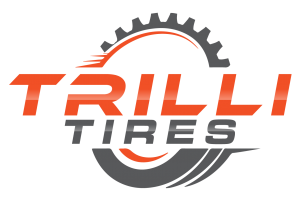
Why Do We Get Flat Tires In Cold Weather?
Your vehicle’s safety and functionality are directly affected by the condition of your tires. Proper tire maintenance is essential to prevent flats, improve road safety, and increase gas mileage. Tires will require routine inspection and maintenance during the winter months. For every 18 degrees F drop in temperature, tire pressure will drop by about 1 PSI. The TPMS (tire pressure monitoring system) monitors your tire pressure and allows you to check it regularly. The TPMS light will turn on if one or more tires are below the recommended pressure. The recommended tire pressure for your vehicle should be the same as the one in the owner’s guide.
It is important to monitor your tire pressure to avoid a cold-weather flat. Drivers may notice a low-pressure warning light or observe that their tires need to be inflated when it is cold. This is normal for cold weather. Want to know more? Continue reading to learn more about why cold weather tires can go flat.
How cold weather affects tire pressure
Your tires can be damaged by cold weather. Low temperatures can cause the rubber to shrink, which could lead to gaps between the rubber and rim. This will cause air to slowly leak. Rubber tires can become harder and brittle due to the cold. Summer tires can crack and lose grip on the roads if they are used during winter. Winter is a crucial time to make sure you have the correct tires.
In cold weather, air pressure drops, tire flattens
When it’s cold, air contracts. Air molecules that move slower in cold weather don’t use as much space within the tire and don’t move as fast. Air pressure drops if air molecules move slower. Also, less space means that smaller molecules push against the tire walls which causes a decrease in tire pressure. After a few miles, the tires will warm up and your tire pressure light will go off. This is because the molecules will expand again. You should still ensure that your tires have a little extra air.
Do not wait for the warning light to go on about your tire pressure. You should check the tire pressure every month. Proper tire pressure will increase the life of your tires. However, improper tire pressure can lead to rapid or irregular wear that could cause serious internal damage. For safe and efficient driving, make sure you keep your tires properly inflated all year.
